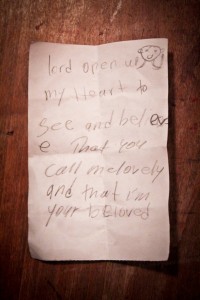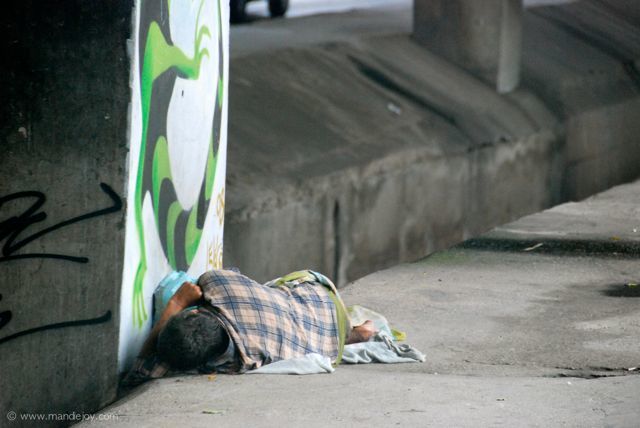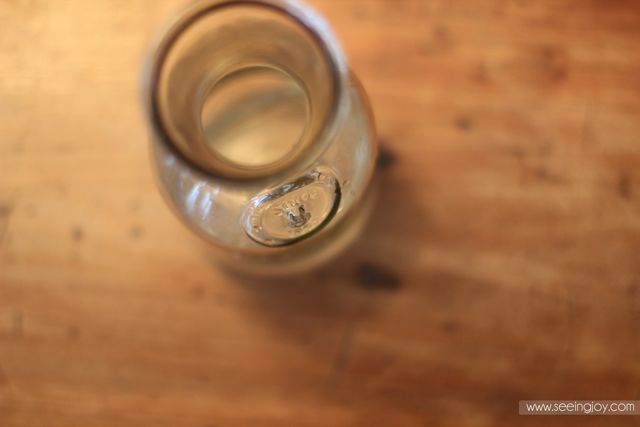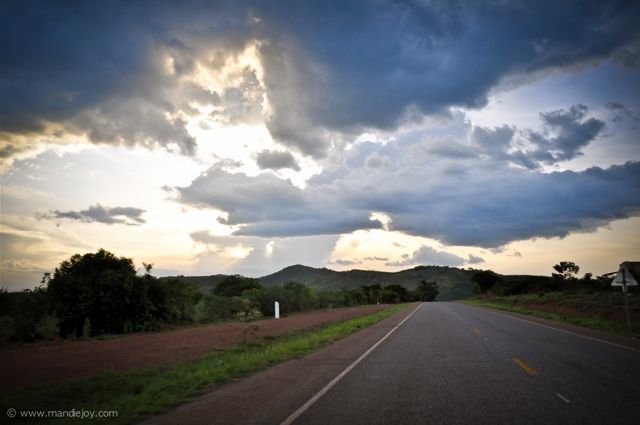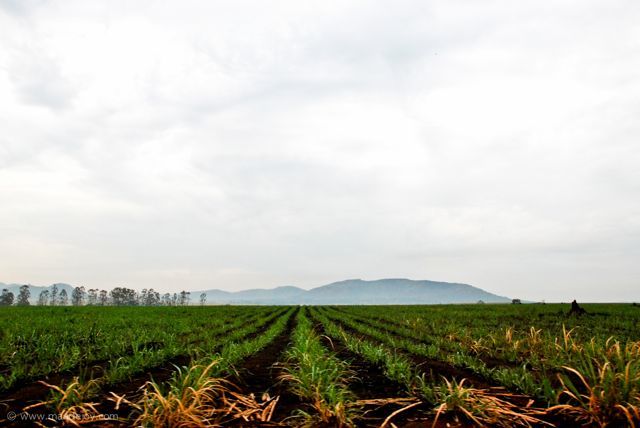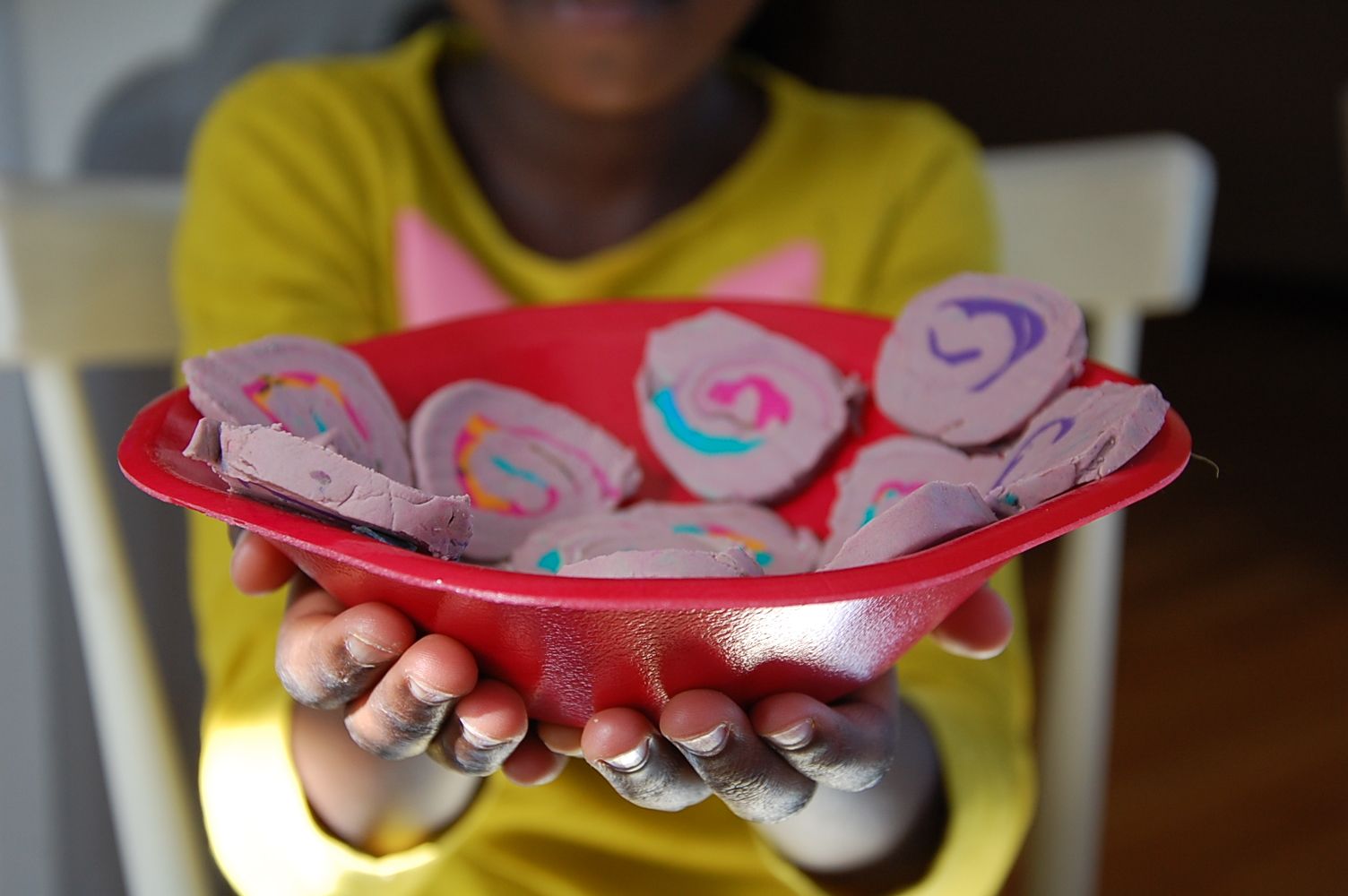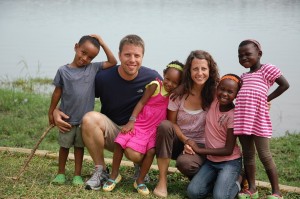We stand in line at the grocery store like clockwork. It’s Friday. The cashiers know my family and my children know them by name. Miss Misty is having a baby. Eden called it months before it was obvious and I hushed her in fear that she’d engaged in the taboo question all children have a hard time containing. Mr. Ty’s daddy just died. Caleb prayed for him to be healed nearly every day since he’d told us, but Mr. Ty’s heart seemed to be healed in the meantime. “I believe in God, now,” he tells them as he weighs my cucumbers. Miss Sata has a new hairstyle, again, and Mr. Roger still isn’t quite sure my groceries will fit in the oversized bag I tote every week.
Just like at home, I forget we are different when we are there. We may have been”different” to each one of them, when they first met us, but now the normal we live everyday is just as normal to the man re-stocking the produce each week as we scoot our cart passed him.
But one week, our cashier was new and curious and demonstrative. The groceries slowed to a halt on the belt and his face flushed, red, as he gushed about them and gave kudos to me. “Wow, it’s so amazing what you’ve done.”
Adoptive mamas alike share the same discomfort with comments like this, but this particular one struck a new, strained, chord.
This week, when the window shades were pulled, I had been far from amazing.
Tired at best. I hid behind my bedroom door and cried, exhausted. Was it always going to be this hard? I’d run bone dry — out of those tender, patient words with a long-suffering tone, and this particular child pushed away every movement I’d made towards love. It was as if every one of her actions was purposed to say: “I’m going to make it impossible for you to love me. I’m waiting for you to fail me. Prove to me I’m not worth it.”
And fail her I did.
She needed steady and I reacted. How many times will this child resist my advancements towards her heart? In my fearful expectations, I inhaled her years of fatherlessness like it was a death sentence. Albeit subtle — all in my head — she read me, of course; a child, once orphaned, becomes an expert at detecting a weak-link of love. They prepare to flee at the first indication that love might fall short.
Hearts bleed in my home in different intervals, but at any given moment one or another is reminding me that we aren’t exactly re-creating normal. I press my hand against the wound and it hemorrhages and I wonder if we’ll ever stop bleeding out old blood.
What a perfect storm. The recovering perfectionist fails and the child backs away further. Who wouldn’t fail this child who’s fiercely resisting my love? I argue to myself. She waits expectantly for her history to repeat itself and I fight feeling trapped by her expectations.
On days like these, while you cry behind the shades pulled tight and your neighbors are shouting out accolades, the YouTube video of the beautiful moment when they found themselves wrapped in your arms is not enough to sustain you. Those of us who have saidyes to the wounded child — or even if you just happened to find yourself raising one — need a grid for their very worst days.
He gave it. In words, once. In expression, all throughout history.
Go again.*
He told the man, Hosea, who married a harlot that couldn’t leave her darkly-patterned ways. What a life calling. How do you explain this to your mother and father, whose dreams for you surely stretched well beyond welcoming a stained bride who still hasn’t decided yet if she is staying?
His words to me are in kind. Look deeply into those eyes that are like vacant corridors and hold her again. Let her forehead feel your lips. Scratch her back and tickle her belly and tell her — again — that she’s yours … forever. Call forth from what is not, what will one-day be. “…just like the love of the Lord for the children of Israel” (Hosea 3:1).
You see, friends, she (any one of the “she”s in my home on a given day) is only my greatest challenge if I believe that my eighty-something years on earth were intended for me only to know safe love — the world’s version of love. If I am to receive and live a love that has a known a shape and form that doesn’t bend or break or bleed, then she’s a real problem. A hindrance.
But His love isn’t plastic.
And He said about me what He is saying to me about her.
Go again.
So I go, again, to her — not because I have some stalwart strength that needs recognition from a grocery store cashier, but because I want to invest my life in knowing the “other-than” love of the Father that outlies every one of my natural understandings of Him.
It’s not my resolve that equips me. My knees are busted open and blood-shod from falling in my pursuit of her heart. But in my weakest moments, I can know this love. Because of my weakest moments, I can know this love.
The most beautiful part of my story these days is bloody.
A friend recently stared into the eyes of her daughter, adopted at an older age and bristling — hard — against her love, and said tenderly, “Babe, you’re going to call me your best friend one day.”
That’s His love that goes again.
Going again is looking into that dead-pan expression and saying it’s not about how far gone you are [the lie they’ve listened to all their lives], it’s about how far He is willing to go to retrieve you.
I won’t come by this love naturally. It’s not natural for those of us clothed in flesh to lean in, not back, when pushed away. The real life-blood of God courses through my system when I resist the urge to divorce my heart from the battle for hers and, instead, go again.
It’s in the going again that we wear the cross and find out from experience what we know in Word, that that tree was more about life than death. Though death was required.
The person in our lives most challenging to love — the child in our home or the friend down the street or even our blood-kin — is the instrument for bringing us to the end of that plastic kind of love and the beginning of our own personal revelation of the cross as a doorway, not just a destination.
He’s aptly positioned them so we might have a place where we get to be the rare ones on the earth who share His heart — the heart that goes again.
They aren’t our greatest challenge, friends. They are our greatest asset.
++++
Making it Practical for those in and outside of adoption: If your love for the one under your roof has run dry, start the line of prayer with yourself: Father, where I am putting up walls to Your love? Where am I not receiving You? Though maybe not connected by blood, this child was given to you for more than just their own heart’s redemption. Every one of their challenges is tied to something He is also doing in your heart. Resist the urge to divorce them in your heart and ask Him to reveal the layers in you that need to know Him as the Father who goes again.
Spend time meditating in the gospels on the cross. Smell the blood and sweat against that wood. Ask Him to make His Word alive in your experience.
And put what He shows you into action. Slide away from the screen, pad your way down the hall to her bedroom, and wrap your arms around her, tight. Ask Him on the way “How do You see her?” and tell her what He shows you. Make it a habit: hug her as many times as you feed her. Give her His words about her, not just your observations. Let them become her true food.
Go again.
*For Your Continued Pursuit: Hosea 3:1 | Hosea 2:14-15, 19-20, 23 | Hosea 6:3 | 1 Corinthians 13:-10 | 1 Corinthians 1:18-19 | Galatians 6:14 | Hebrews 12:1-2 | Matthew 10:38-39 | Colossians 3:2-3
First, fourth, fifth and sixth photos compliments of Mandie Joy. Second and third photos compliments of Cherish Andrea Photography. Last photo compliments of Photography by Kamarah.
_________________________________
Sara is a wife to Nate and a mother of five whose birth canal bridged the expanse between the United States and Africa. After almost a decade of Christian life she was introduced to pain and perplexity and, ultimately, intimacy with Jesus. God met her and moved her when life stopped working. And out of the overflow of this perplexity, came her writing.You can read more of her writing at Every Bitter Thing is Sweet.


